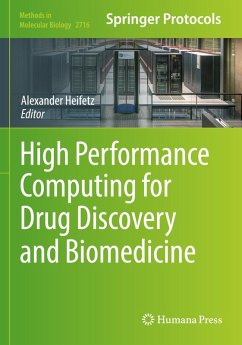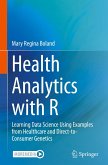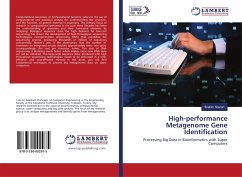This volume explores the application of high-performance computing (HPC) technologies to computational drug discovery (CDD) and biomedicine. The first section collects CDD approaches that, together with HPC, can revolutionize and automate drug discovery process, such as knowledge graphs, natural language processing (NLP), Bayesian optimization, automated virtual screening platforms, alchemical free energy workflows, fragment-molecular orbitals (FMO), HPC-adapted molecular dynamic simulation (MD-HPC), and the potential of cloud computing for drug discovery. The second section delves into computational algorithms and workflows for biomedicine, featuring an HPC framework to assess drug-induced arrhythmic risk, digital patient applications relevant to the clinic, virtual human simulations, cellular and whole-body blood flow modeling for stroke treatments, prediction of the femoral bone strength from CT data, and many more subjects. Written for the highly successful Methods inMolecular Biology series, chapters include introductions to their respective topics, lists of the necessary software and tools, step-by-step and readily reproducible modeling protocols, and tips on troubleshooting and avoiding known pitfalls.
Authoritative and practical, High Performance Computing for Drug Discovery and Biomedicine allows a diverse audience, including computer scientists, computational and medicinal chemists, biologists, clinicians, pharmacologists and drug designers, to navigate the complex landscape of what is currently possible and to understand the challenges and future directions of HPC-based technologies.
Authoritative and practical, High Performance Computing for Drug Discovery and Biomedicine allows a diverse audience, including computer scientists, computational and medicinal chemists, biologists, clinicians, pharmacologists and drug designers, to navigate the complex landscape of what is currently possible and to understand the challenges and future directions of HPC-based technologies.








